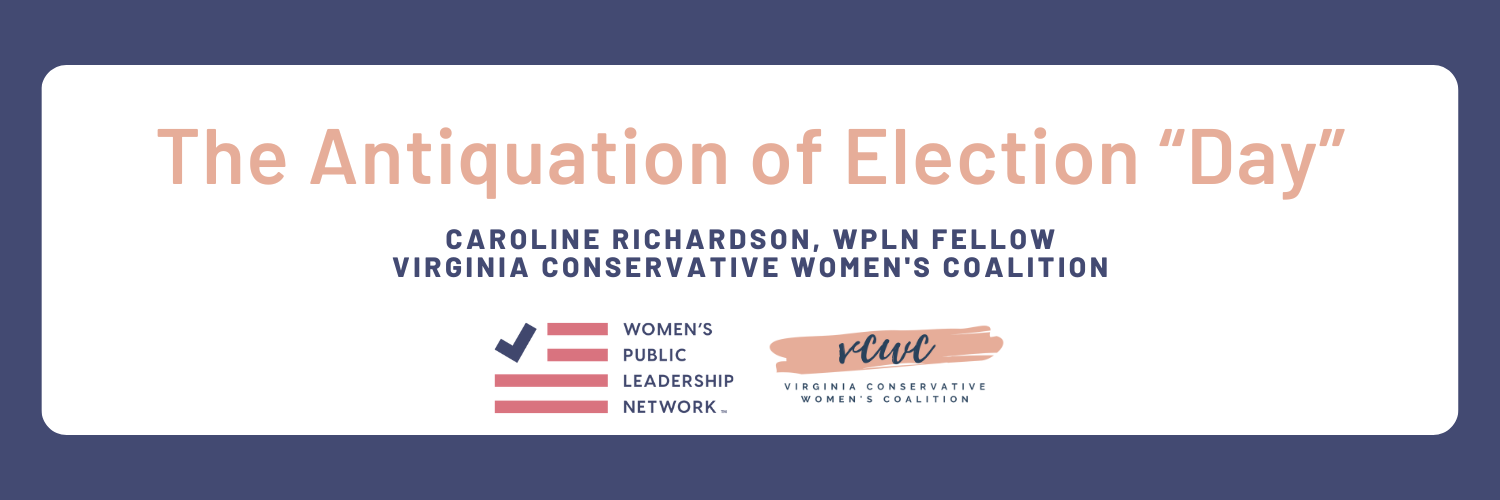The Antiquation of Election “Day”
Voting in America has an often tumultuous history, and processes are always changing; however, most recently, these changes can be seen through voter tendencies. In the history of early voting, polls would be open for several days such that rural voters had the ability to arrive and cast their ballots, despite bad weather or other complications. Absentee ballots and early voting gained in popularity during the Vietnam War when soldiers in high-conflict areas needed a way to cast their ballots. COVID-19 promoted a boost in absentee and early voting since people were encouraged to avoid crowds. But despite these key events, the prevalence of early voting has risen steadily over the course of the past few decades, and it can likely be attributed to changes in the mobilization of voter bases, especially in key states such as Virginia, North Carolina, Georgia, Florida, Colorado, and Nevada.
Throughout the history of early voting in the United States, it has largely been attributed to convenience: travel conditions, war and conflict obligations, a pandemic, and simply shorter lines on Election Day. Many voters still wait until Election Day to cast their ballots, but much of the American voter base is utilizing early voting opportunities because they have already decided about the candidates they wish to vote for. The “October Surprise” used to be a campaign tactic where toward the beginning of October, campaigns would release a particularly damaging piece of research. This tradition is dying for several reasons- 1) easier access to information via the Internet and social media and 2) the prevalence of early voting. Campaigns have strategically altered their strategies to target voters earlier and earlier, rather than waiting until October, campaigns make larger pushes in September, like in Virginia where early voting begins on September 23rd.
Early voting does have critics - some say that people are often making decisions before they have all of the necessary information to vote. Early voters are typically people who can vote ahead of election day and still feel confident in their vote on November 8th because they feel strongly about the candidates that they support. When voters are unsure, they typically do not vote until they have solidified their decision (or it is election day). In fact, many people do hold their vote until the week of and before election day so that they feel confident in the amount of information in their arsenal.
In Virginia, early voting for the November 8, 2022 General Election opened on September 23rd and will continue through November 5th. As of November 6th, 930,017 early votes have been cast, either in-person or as a mail-in ballot. The number of early votes cast for this November 8th midterm election have already surpassed the total number of early votes in the 2018 midterms (344,594 ballots).
With early voting methods gaining popularity with voters casting early ballots, is election “day” losing its traditional holding? Following the 2016 and 2020 elections, voter turnout is higher than ever, new voter bases are being mobilized, and there is an increase in political attention in battleground states; yet, election day itself is no longer as significant. Election day should still be just as important, but attention should also be directed toward early voting. The changes occurring in voter behavior here will be important to watch in the coming elections, especially to see how campaigns react and adapt to a voter base beginning to make their decisions earlier.
Most importantly, go out and vote tomorrow if you haven’t already!


%20(2)-2.png)